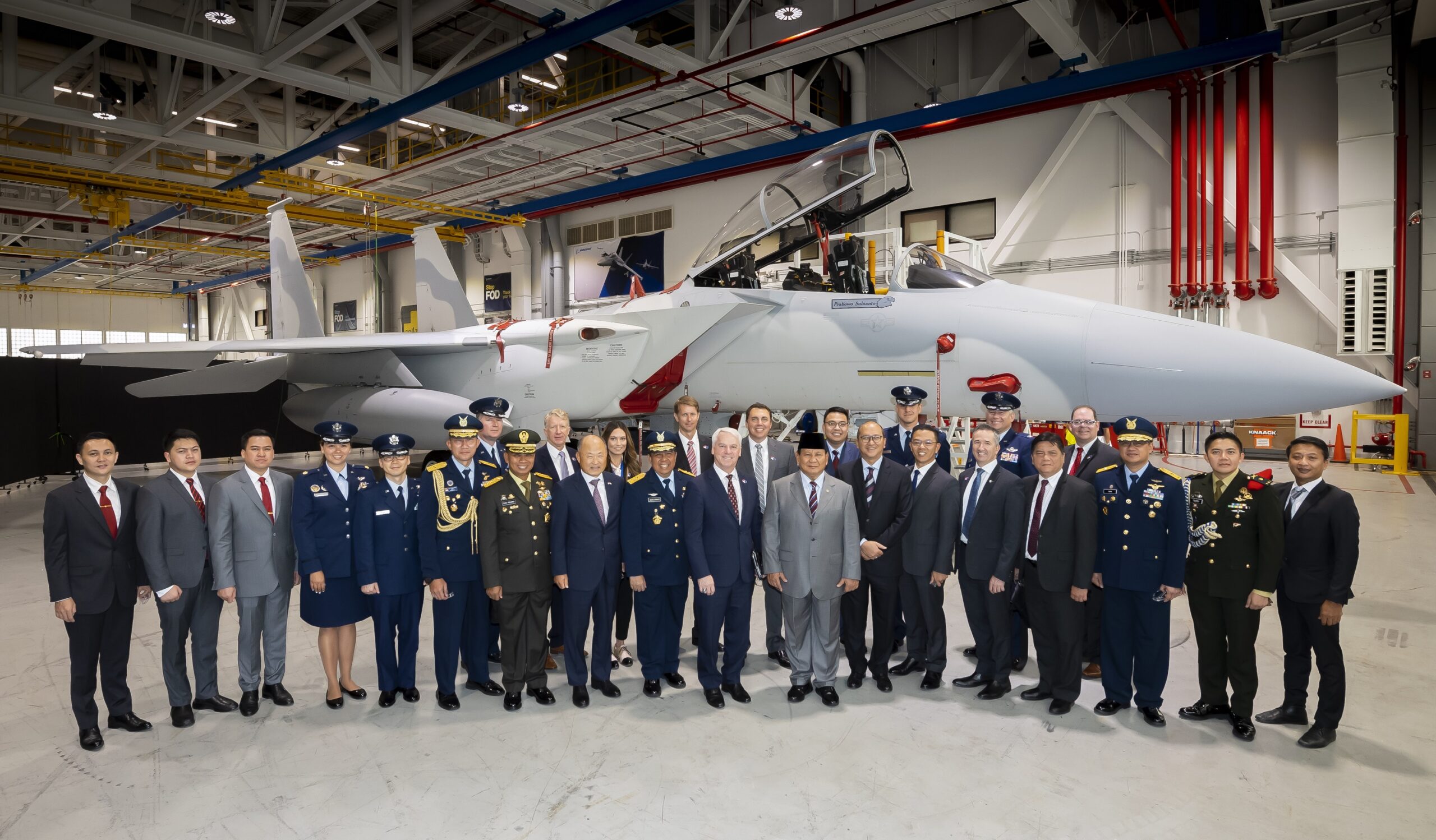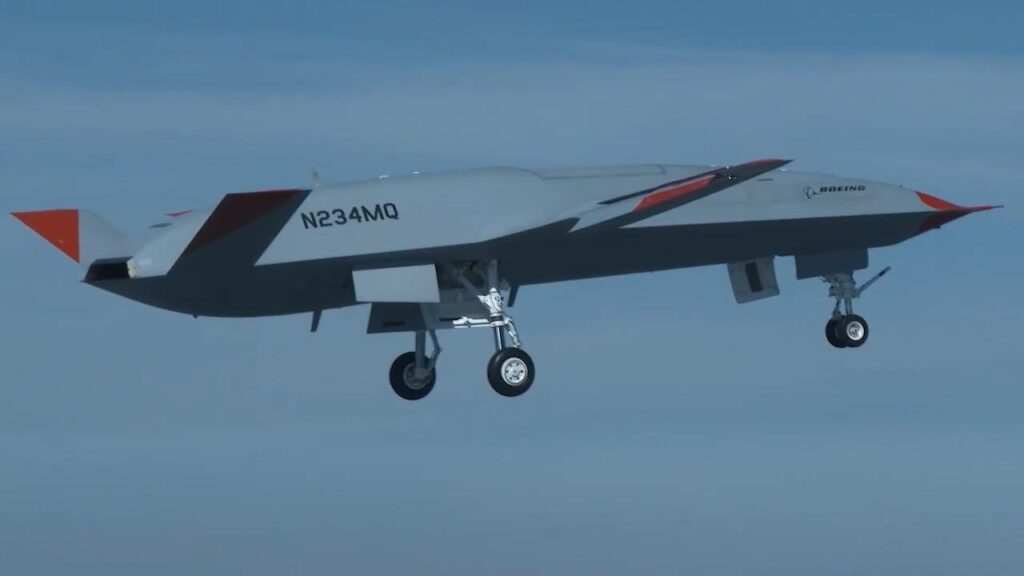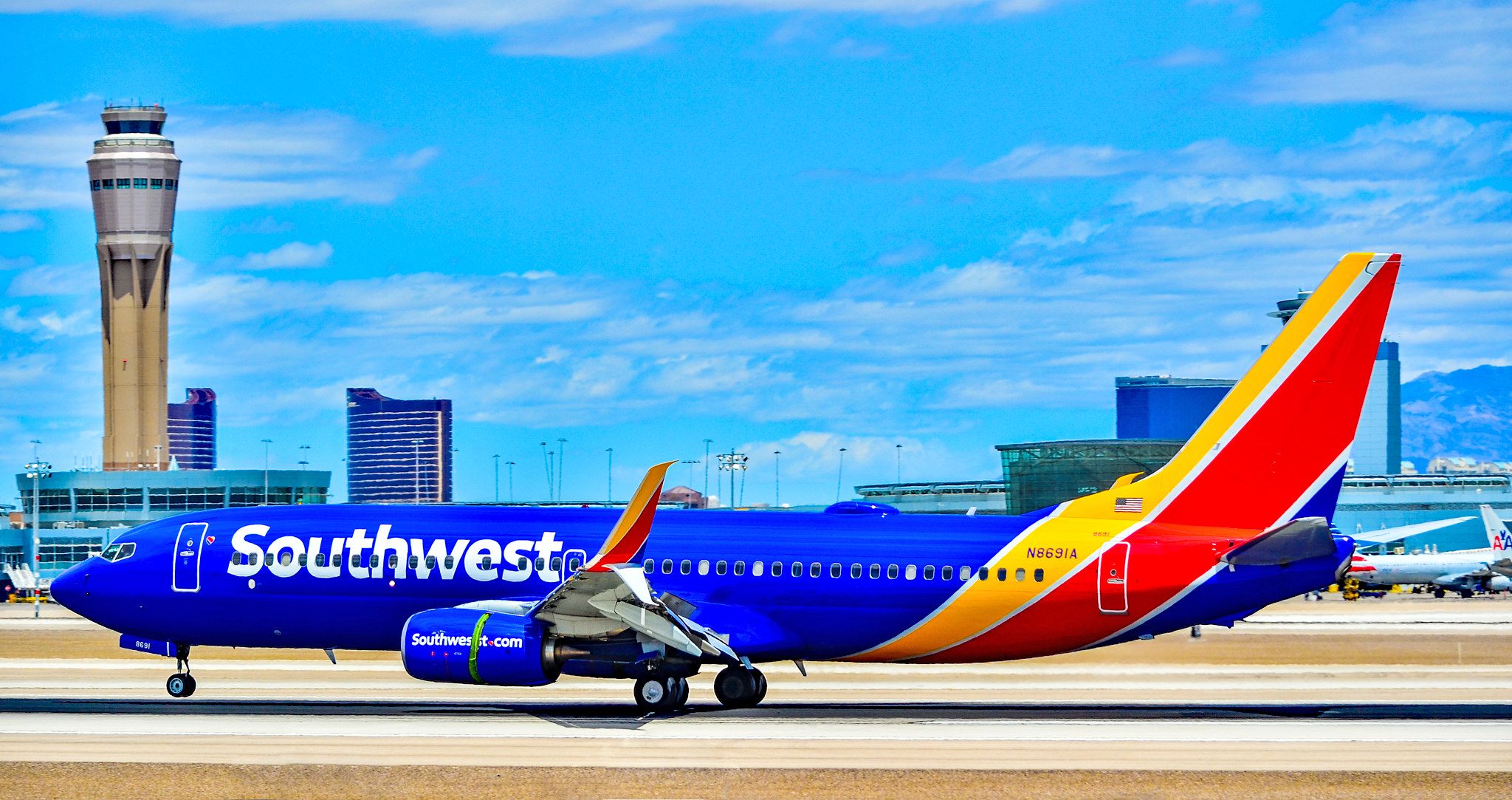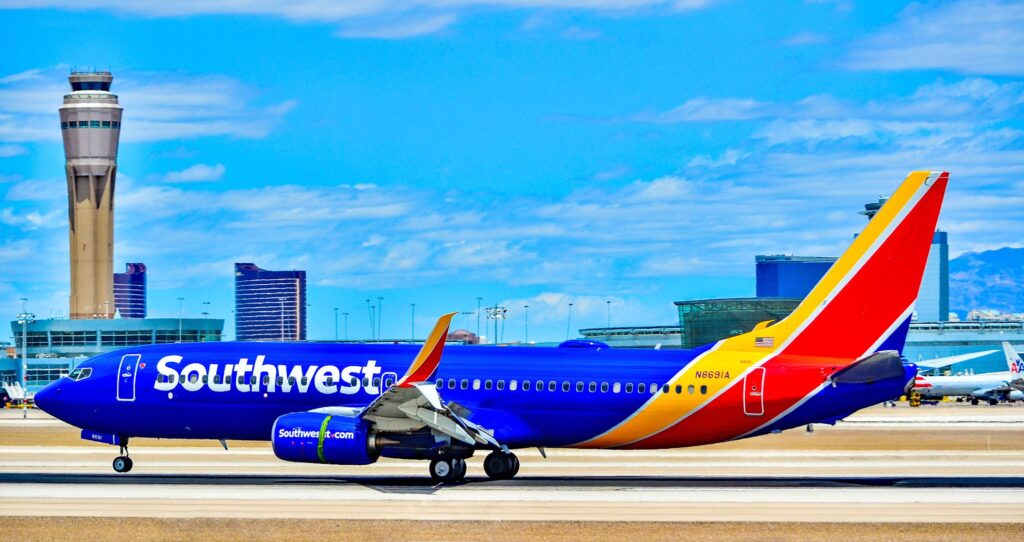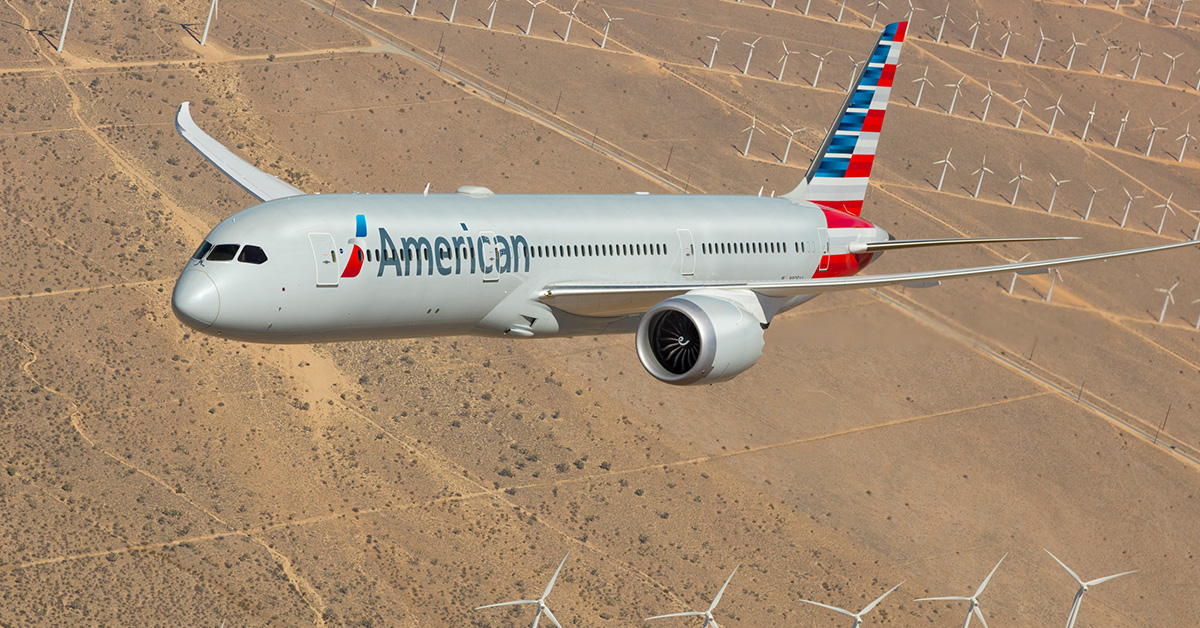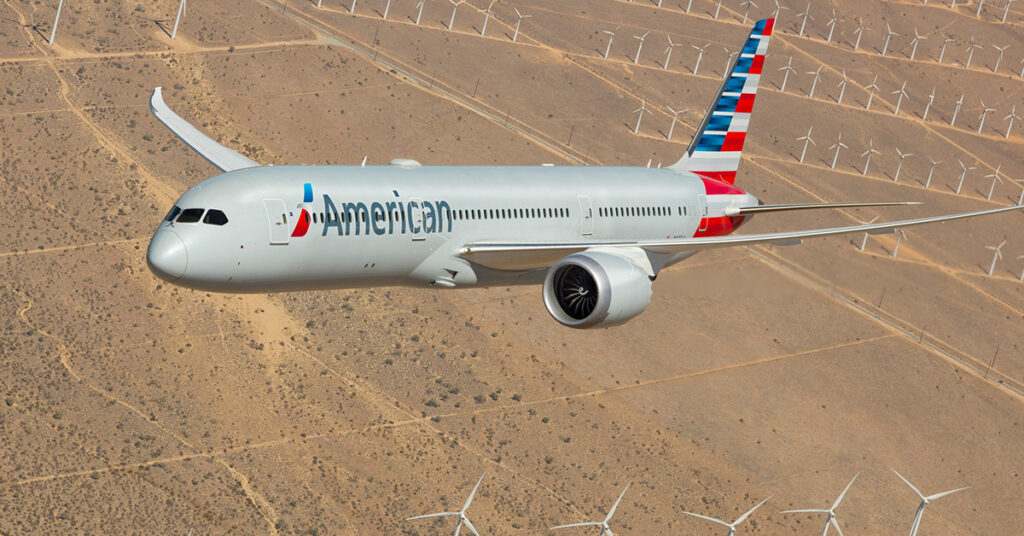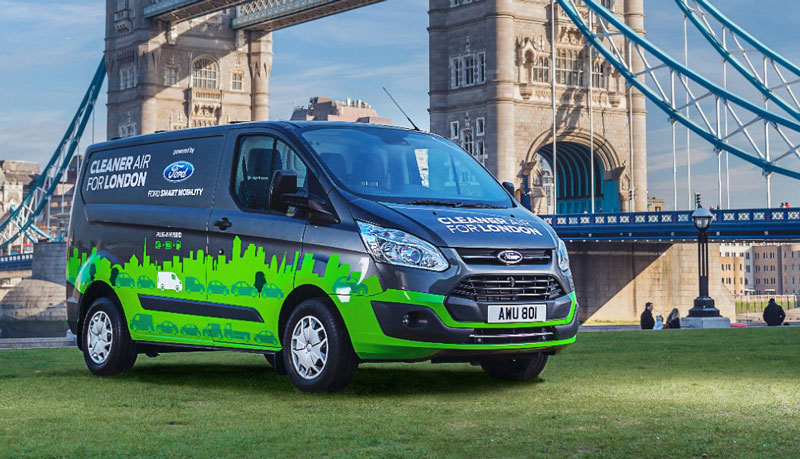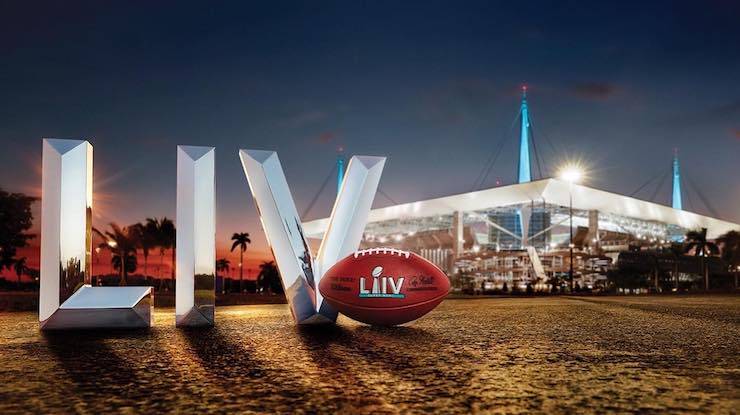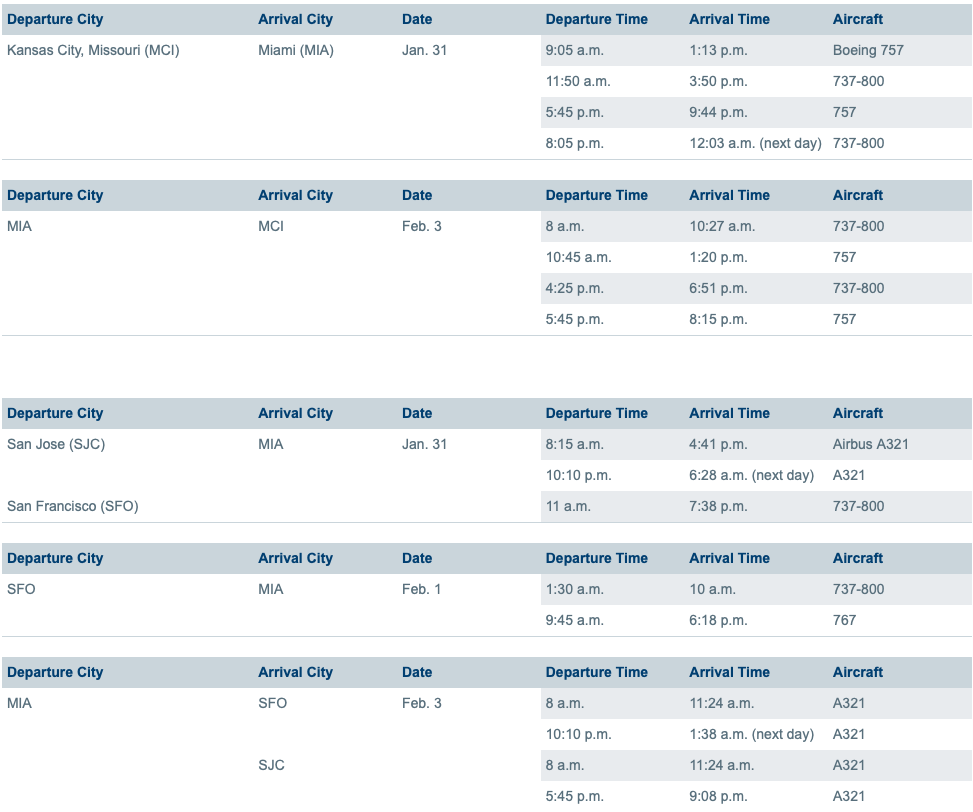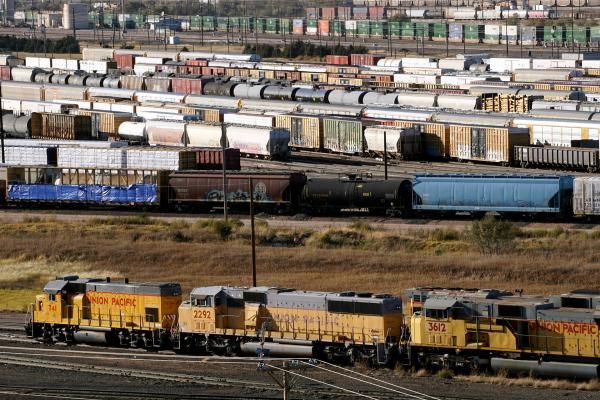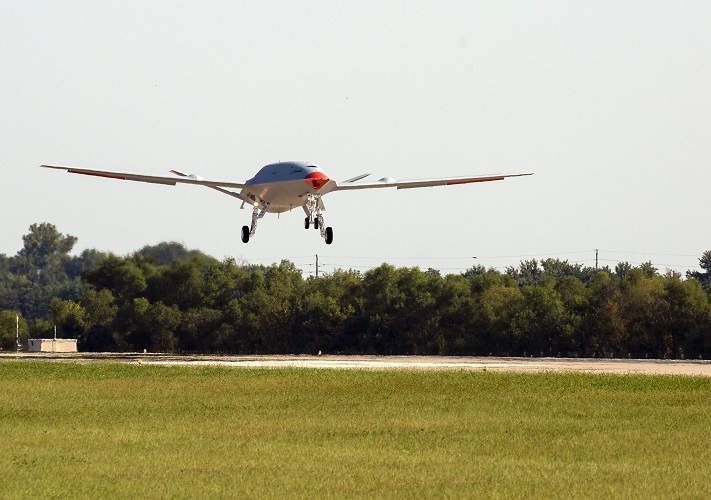ST. LOUIS, MISSOURI, August 21, 2023 – The Republic of Indonesia and Boeing (NYSE: BA) shared their commitment to finalize the sale of 24 F-15EX aircraft to Indonesia, subject to U.S. government approval, during a visit of Indonesia’s Minister of Defense Prabowo Subianto to the United States.
The signing of a Memorandum of Understanding (MoU) by Air Vice Marshal Yusuf Jauhari, Head of Defense Facilities Agency, Indonesia Ministry of Defense, and Mark Sears, Boeing Fighters vice president and program manager, took place today at the company’s St. Louis facility following a tour of the F-15EX production line.
The F-15EX is the most advanced version of the F-15 ever built, with digital fly-by-wire flight controls, a new electronic warfare system, an all-glass digital cockpit, and the latest mission systems and software capabilities, which will all be leveraged in delivering the new F-15IDN.
Boeing and Indonesia have worked in partnership for nearly 75 years to support the development of aerospace and defense capabilities in the country through training, supply chain development and collaborations. Today, Boeing’s presence in Indonesia covers commercial aviation, defense, space, supply chain, academia partnerships and talent development efforts across the local industry.
Currently the F-15 is operated by seven countries around the world.
